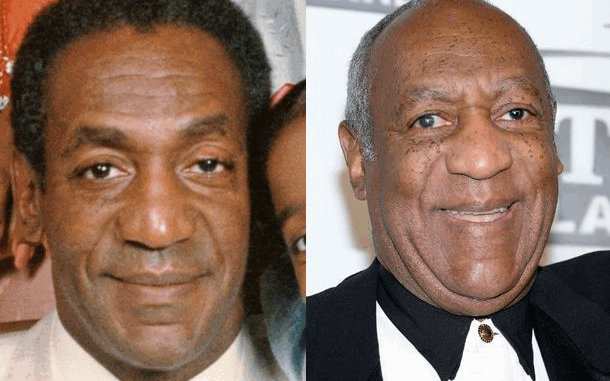
When The Cosby Show first aired on NBC on September 20, 1984, few could have predicted the seismic impact it would have on American television. For eight seasons, the sitcom not only dominated ratings but also redefined the portrayal of Black families in media, offering a refreshing and intelligent counter-narrative to prevailing stereotypes.
Created by comedian Bill Cosby and produced by Carsey-Werner Productions, The Cosby Show centered on the Huxtable family, an upper-middle-class African-American household living in Brooklyn, New York. Cliff Huxtable, a humorous and loving obstetrician played by Cosby himself, and his wife Clair, a sharp and confident attorney portrayed by Phylicia Rashad, raised five children in a home filled with love, discipline, and life lessons.
At its peak, the show reached over 30 million viewers weekly and held the number one spot in Nielsen ratings for five consecutive seasons—an extraordinary feat in any era. But beyond its success in numbers, The Cosby Show broke ground in representation. At a time when Black characters were often relegated to supporting roles or confined to narratives about poverty or crime, the Huxtables offered a vision of Black excellence, intellect, and professional success.
The show’s influence extended far beyond entertainment. It inspired a generation to pursue higher education, especially Historically Black Colleges and Universities (HBCUs), which were regularly highlighted on the show through college sweatshirts and plotlines. Moreover, it paved the way for a wave of diverse sitcoms in the 1990s, such as A Different World (a direct spinoff), Family Matters, and The Fresh Prince of Bel-Air.
Critically acclaimed for its writing, humor, and groundbreaking themes, the series garnered numerous accolades, including Emmy and Golden Globe Awards. Phylicia Rashad became the first Black actress to win the Emmy for Lead Actress in a Comedy Series—a milestone in itself.
However, in recent years, the legacy of The Cosby Show has become complicated. Bill Cosby’s criminal convictions and allegations of sexual assault have led to a reassessment of his contributions and cast a shadow over the show’s legacy. Reruns were pulled from several networks, and public opinion shifted dramatically.
Yet, separating art from the artist remains a challenging cultural debate. While Cosby’s actions are indefensible, many critics and fans alike argue that The Cosby Show deserves recognition for its cultural contributions and the doors it opened for Black actors, writers, and stories on television.
Forty years later, The Cosby Show remains a landmark in American pop culture—a symbol of both progress and contradiction. Its influence endures in the DNA of modern television, and its portrayal of a loving, aspirational family continues to resonate, reminding us of what it once represented: hope, humor, and the belief that every child—regardless of race—deserves to see themselves reflected on screen with dignity.
